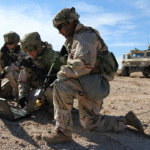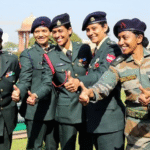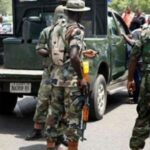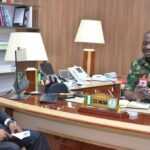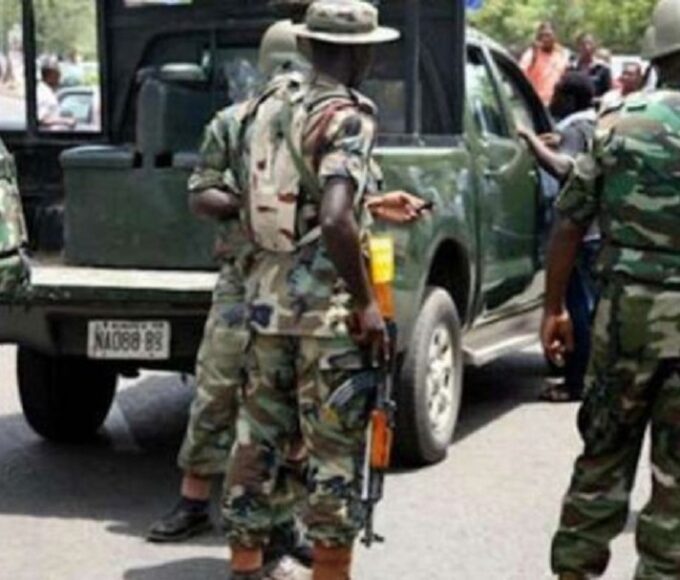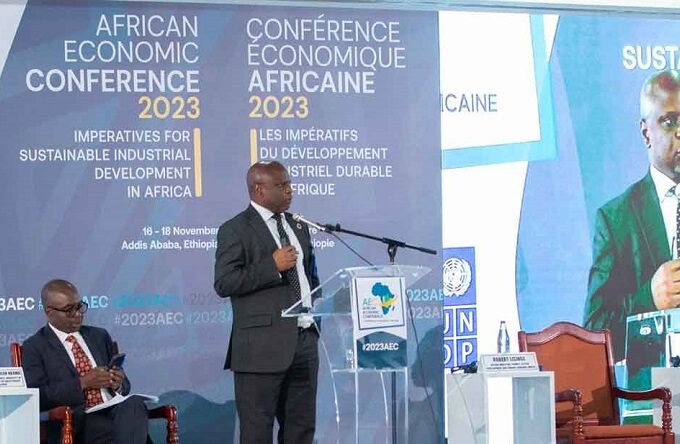Inside the War Rooms: African Military Colleges Leading Doctrinal Transformation
African military colleges are central to fostering a professional ethos rooted in ethical conduct, respect for human rights, and democratic oversight
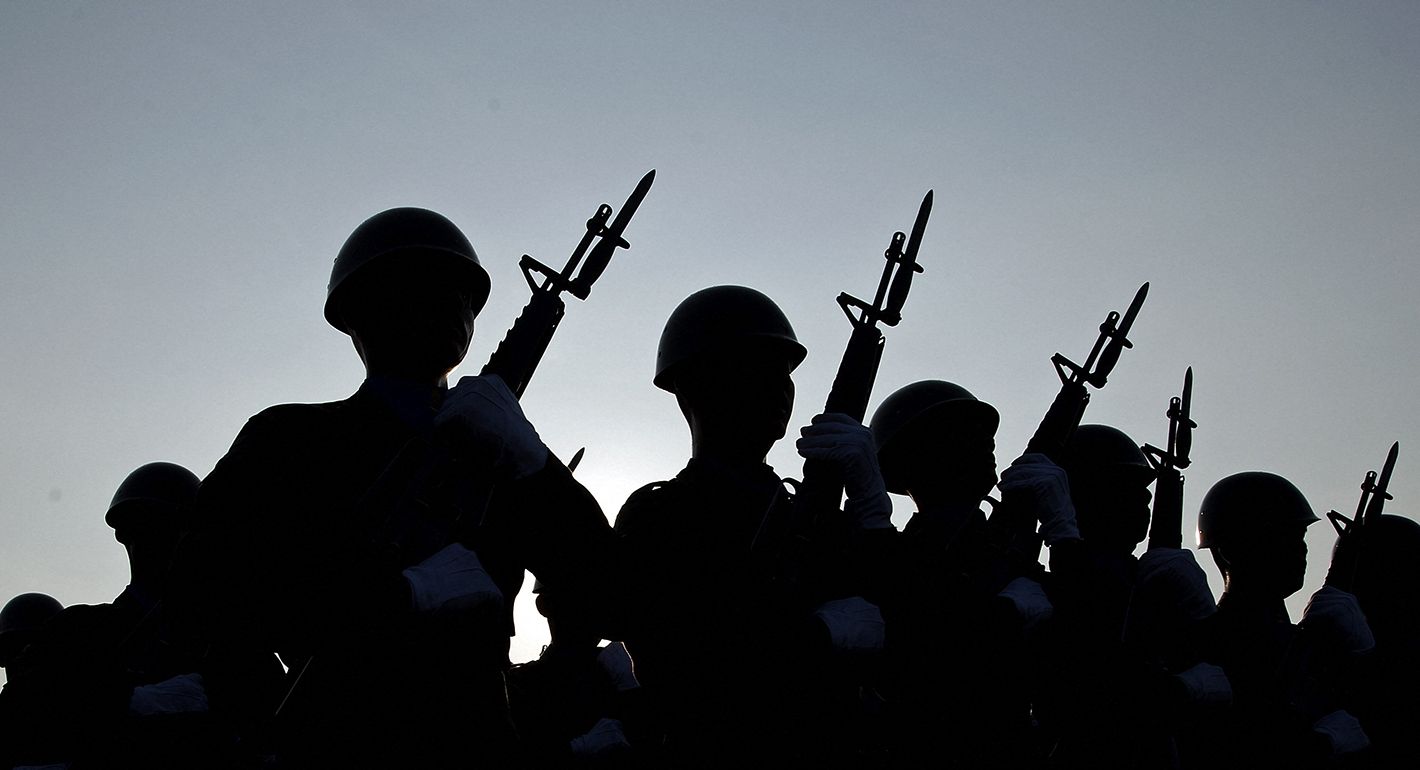
Africa’s military landscape is undergoing a profound transformation driven by the strategic evolution of military education and doctrinal reform. Military colleges across the continent are playing a pivotal role in fostering professional, apolitical armed forces that uphold democratic values, enhance regional stability and adapt to emerging security challenges. This article explores the vital functions of African military colleges, their contributions to doctrinal transformation, and exemplary leadership that inspires this shift.
The Role of Military Colleges in Africa’s Strategic Evolution
Military colleges serve as the bedrock of professional military education (PME), shaping officers’ values, skills, and strategic thinking. They are instrumental in restructuring defense ministries, developing integrated national military strategies, and creating joint operational doctrines critical for modern warfare and regional cooperation. These institutions aim to instill a culture of professionalism, adherence to constitutional principles, and respect for democratic governance.
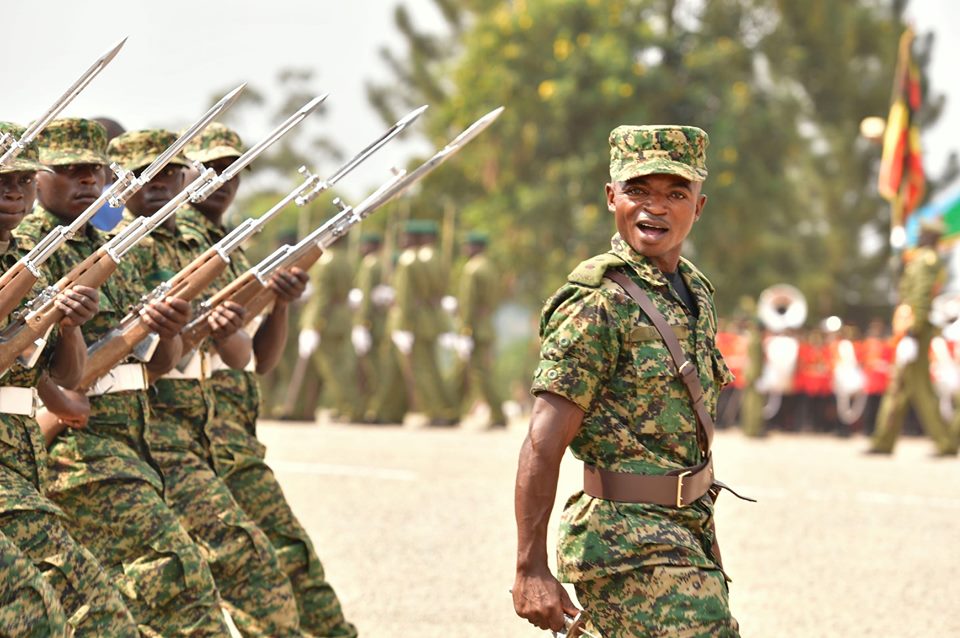
Types of Military Educational Institutions
1 Military Academies:
These foundational institutions focus on educating junior officers, and providing rigorous training in military science, leadership, ethics, and discipline. They lay the groundwork for a career dedicated to service and integrity.
2 Command and Staff Colleges:
Targeting mid-career officers such as captains, majors, and lieutenant colonels, these colleges emphasise leadership development, operational planning, and ethical understanding. They prepare officers for higher command roles and strategic responsibilities.
3 War and Defense Colleges:
Designed for senior officers—colonels and generals—these institutions focus on strategic thinking, national security policy, and inter-agency coordination. They cultivate visionary military leaders capable of addressing complex regional security issues.
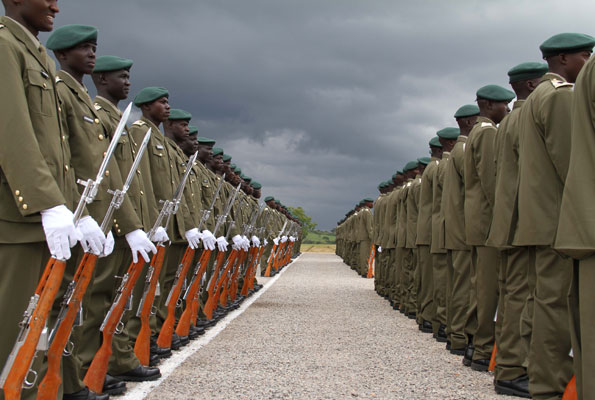
Key Functions and Impact
Developing Military Professionalisms:
African military colleges are central to fostering a professional ethos rooted in ethical conduct, respect for human rights, and democratic oversight. These institutions serve as guardians of the military’s role as a defender of the constitution rather than a political actor.
Building Leadership and Strategic Thinking:
By emphasising leadership skills, ethical reasoning, and strategic awareness, military colleges prepare officers to lead effectively amid regional conflicts, insurgencies, and political instability. They also address the rising need for national security expertise in the face of evolving threats.
Addressing Regional Security Challenges:
Regional instability, coups, and insurgencies have underscored the importance of doctrinal reform. Military colleges are increasingly integrating regional security cooperation, counter-terrorism strategies, and crisis management into their curricula.
Promoting National Security Strategies:
War and Defense Colleges train a diverse cohort—including civilians and military professionals—to formulate, implement, and adapt national security strategies that align with regional and international standards.
Enhancing Ethical Standards and Democratic Civil-Military Relations:
Institutions like Senegal’s Institut de défense du Sénégal exemplify efforts to promote respect for democratic norms, accountability, and civilian oversight within military institutions across Africa.
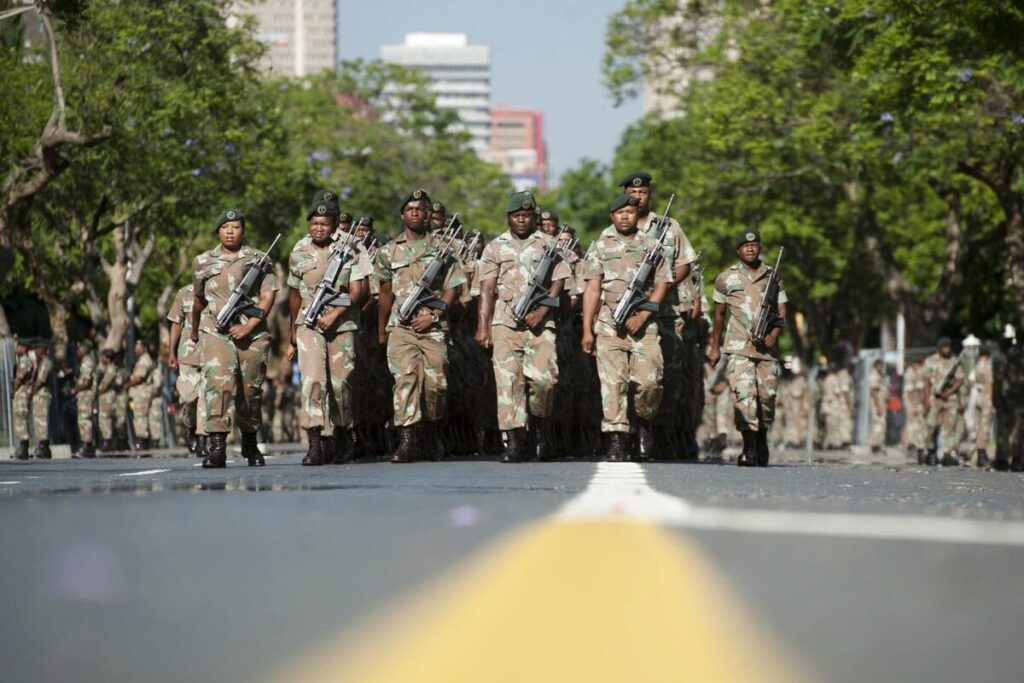
Examples of Institutional Excellence
Senegal’s Defence College epitomises a commitment to military professionalism and democratic values. Many other nations, such as Algeria, Ethiopia, Nigeria, and Morocco, have established their own military academies, command colleges, and war colleges, reflecting a continent-wide recognition of the importance of doctrinal reform.
The Strategic Leadership of General Tukur Yusufu Buratai
A case study in transformative military leadership is exemplified by Nigeria’s former Chief of Army Staff, General Tukur Yusufu Buratai. His tenure illustrated how visionary leadership can catalyse doctrinal shifts and institutional reforms.
Background and Context
General Buratai’s leadership emerged amid Nigeria’s complex security environment, characterised by insurgencies, political instability, and regional conflicts. His commitment to professionalising the Nigerian Army and embedding democratic values marked a turning point in the country’s military history.
His leadership was characterised by adaptability and innovation in adopting new operational concepts, technology, and intelligence-driven strategies to combat insurgencies like Boko Haram. He promoted inclusive participation by engaging officers across ranks in strategic dialogue, fostering diverse perspectives and collective problem-solving. His visionary leadership articulated a clear strategic vision centred on resilience, community engagement, and human rights while emphasising trust and collaboration within the military and with civilian agencies to enhance national security. Additionally, Buratai prioritised strengthening organisational resilience to ensure that reforms were sustainable and adaptable to evolving security challenges.
Impact and Legacy
Buratai’s leadership transformed Nigeria’s military doctrine, emphasising professionalism, accountability, and societal engagement. His initiatives included community-oriented operations, ethical training, and efforts to improve civil-military relations—modelling a shift from traditional coercive tactics toward a more holistic security approach.
His influence extended beyond Nigeria, serving as a blueprint for doctrinal reform across Africa. The legacy of Buratai’s leadership underscores the importance of strategic vision, ethical conduct, and adaptive organisational culture in fostering effective militaries that serve democratic societies.
Lessons and Recommendations for Future Leaders
Future military leaders should focus on strengthening PME curricula by integrating democratic civil-military relations, human rights, and strategic thinking while promoting ethical leadership rooted in integrity, accountability, and respect for civilian authority to prevent politicisation. Fostering regional cooperation through joint training, information sharing, and doctrinal harmonisation is crucial for tackling transnational threats. Continuous investment in professional development and leadership training is necessary to build resilient, adaptable armed forces, and engaging civil society through community involvement and transparent communication can enhance legitimacy and public trust.
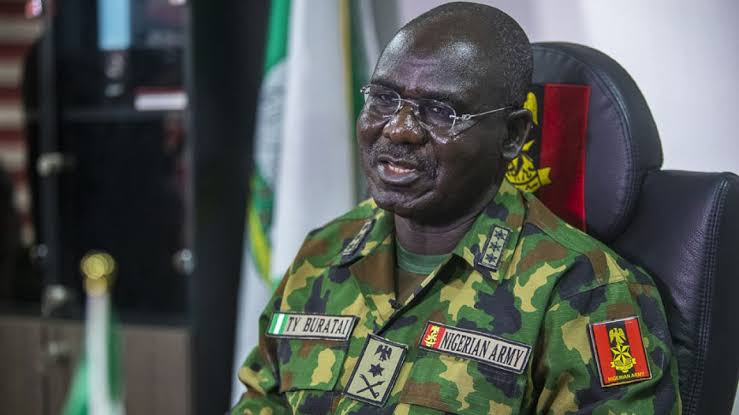
Conclusion
African military colleges stand at the forefront of doctrinal transformation, shaping a new generation of officers committed to professionalism, democratic values, and regional stability. Leaders like General Tukur Yusufu Buratai exemplify how strategic vision, ethical leadership, and organisational resilience can redefine military roles within society. As Africa continues to navigate complex security challenges, these institutions and their leaders will be instrumental in fostering militaries capable of safeguarding peace, upholding constitutional governance, and contributing meaningfully to regional development. The future of Africa’s security depends on sustained investment in military education, doctrinal reform, and principled leadership—inside the war rooms and beyond.
Recent Posts
Categories
- Air & Aerospace16
- Border Security15
- Civil Security4
- Civil Wars4
- Crisis5
- Cyber Security8
- Defense18
- Diplomacy19
- Entrepreneurship1
- Events5
- Global Security Watch6
- Industry8
- Land & Army8
- Leadership & Training5
- Military Aviation5
- Military History27
- Military Speeches1
- More1
- Naval & Maritime9
- Resources2
- Security12
- Special Forces1
- Systems And Technology9
- Tech6
- Uncategorized3
- UNSC1
- Veterans6
- Women in Defence9
Related Articles
AFRICA’S DEFENCE FUTURE IN A MULTIPOLAR WORLD
Global power is no longer dominated by a small circle of superpowers....
ByKing Richard Igimoh, Group Editor ALOJanuary 2, 2026TECHNOLOGY TRANSFER: WHAT AFRICA GAINS FROM GLOBAL DEFENCE PARTNERSHIPS
As geopolitical alliances realign, African countries are rethinking how they secure their...
ByKing Richard Igimoh, Group Editor ALODecember 18, 2025AFRICA’S DEFENCE INDUSTRIES AT A TURNING POINT
Africa’s defence industries stand at a critical moment. Although the continent spends...
ByKing Richard Igimoh, Group Editor ALODecember 12, 2025PUBLIC-PRIVATE PARTNERSHIPS IN AFRICA’S DEFENCE ECONOMY
Public-private partnerships (PPPs) have emerged as a pivotal mechanism for bolstering Africa’s...
ByKing Richard Igimoh, Group Editor ALONovember 19, 2025


